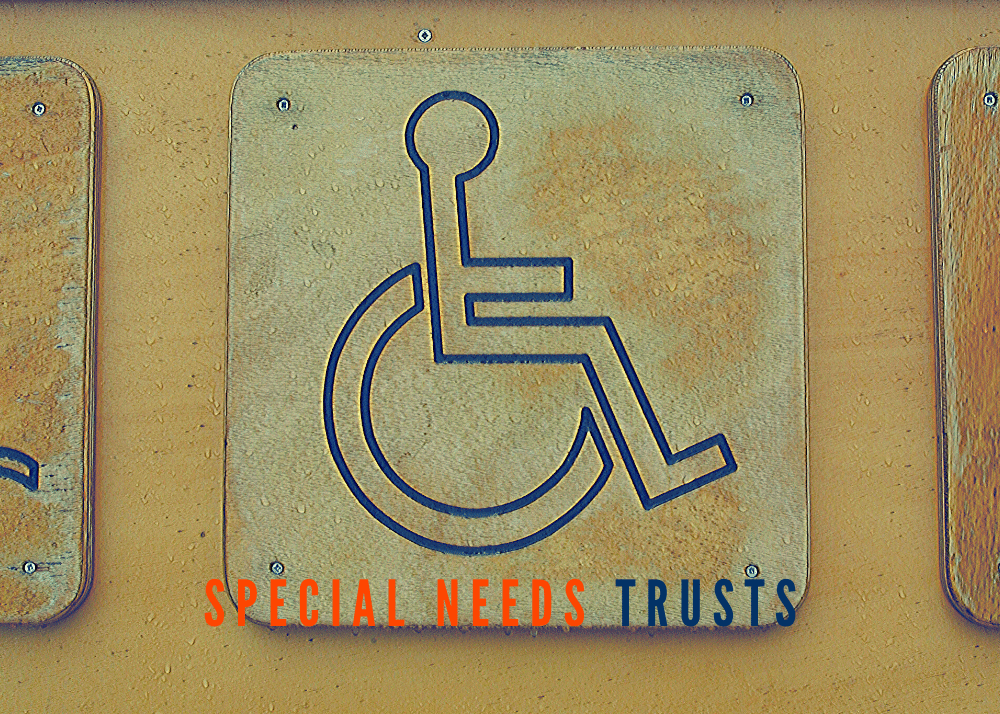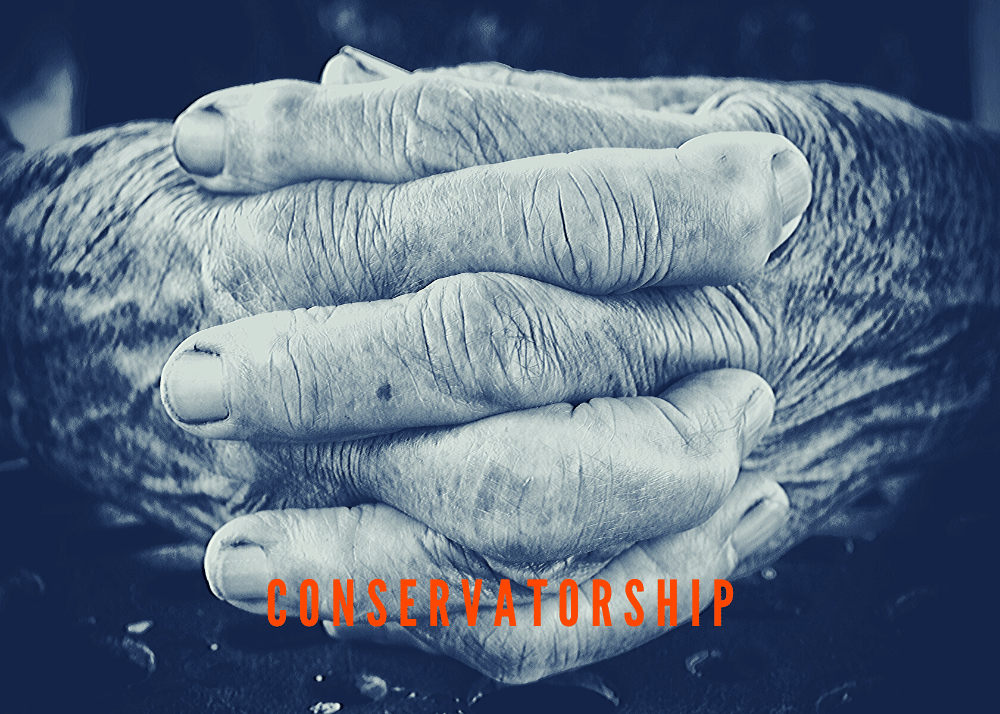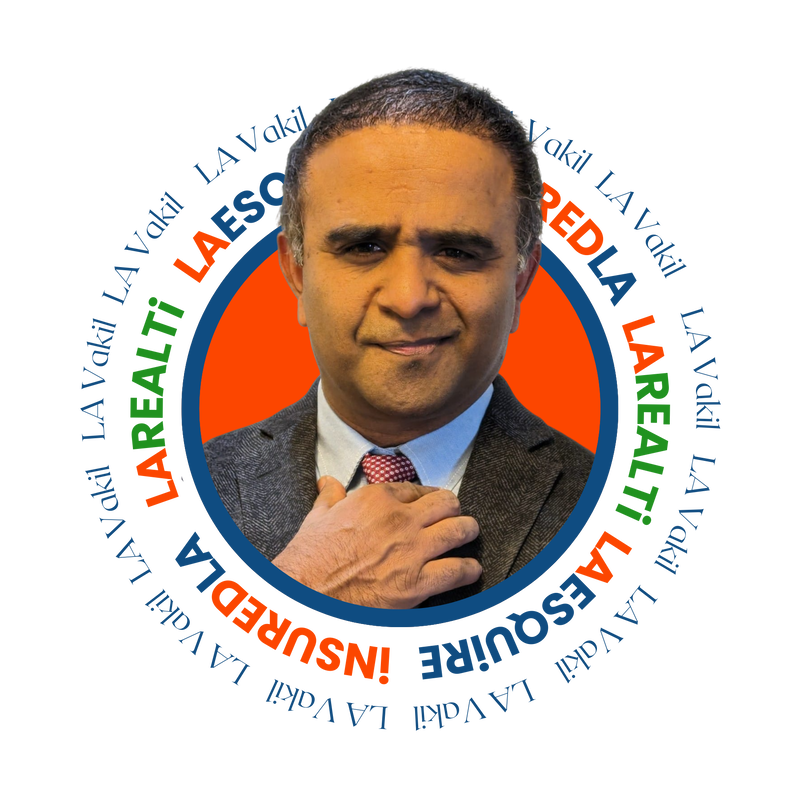|
HEALTH CARE DOCUMENTS
Planning for health care decision making includes two key components: 1. The preparation of a written Advance Directive, more commonly referred to as a Living Will, and Durable Health Care Power of Attorney or Health Care Proxy. 2. Appointing someone to be your trusted agent to speak for you when you cannot speak for yourself regarding health care decisions. What are Advance Directives or Living Wills? Advance Directives or Living Wills are legal documents that help express your wishes about medical decisions. The documents help clarify your health care desires to family members and medical professionals when you are unable to communicate them due to a serious illness or injury. Advance Directives may consist of one or more documents. Laws about these critical documents vary from state to state. In some states, there are statutory forms that individuals can print, fill out and sign before witnesses. In other states, both statutory forms and customized Advance Directive documents are allowed. In all states, individuals may add more specific and personalized clauses to their Advance Directives. It is important for you to appoint a trusted agent to speak for you when you are unable to speak for yourself with respect to medical decisions. Once a trusted agent is appointed, it is vital that you discuss your desires with your agent, your loved ones and your doctor. The discussions will serve to further clarify your specific wishes and priorities as they relate to health care decision making. |
Related Services |
The Need
Medical science has improved greatly and can often keep you alive in situations that previously would have caused death. Innovations that keep people alive longer include artificial food and water through tubes inserted into the body, reviving the heart, and maintaining breathing through a heart/lung machine even when the brain is no longer able to command the heart and lungs to work. The ability to remain alive can be associated with diminished ability to make your own health care decisions. Health care decisions often include the need for medical treatment, determining the appropriate residential setting, and applying for public and private benefits that will pay for the cost of care. When you are determined to be at the end of life without hope of recovery, being kept alive by machines or other artificial means can result in a reduced quality of life for you and your loved ones. The courts can be asked to appoint a guardian to make health care decisions for you if you are unable to make your own decisions. But court intervention can be expensive, time-consuming and emotionally difficult for you and your family. The need for guardianship to make health care decisions can often be avoided with an Advance Directive that names a surrogate health care decision maker who can act during temporary or permanent periods when you cannot make your own decisions.
What You Need to Know
An Advance Directive may be called a “Durable Health Care Power of Attorney,” a “Health Care Proxy,” or a “Health Care Surrogate Designation,” depending on the law of the state in which you reside. These health care planning documents should reflect your own views and wishes related to your care, and they can be very specific in the instructions that you leave. The document can also be more general, leaving it to the health care agent to make decisions in keeping with your known wishes. Importantly, the health care agent is generally required to make decisions in keeping with your known wishes. You can change your agent and the instructions that you give as long as you retain the mental capacity to understand the change you are making. You may also want to sign a Living Will, sometimes referred to as a Health Care Declaration. This type of document should state your preferences for health care if you have a terminal illness or are in a permanent vegetative state. This type of legal document can list your wishes for pain management at the end of life, can instruct doctors and other health care staff on the type of treatments you do or do not want, and can provide for spiritual, emotional and comfort items that you would like to be present at the end of life.
Medical science has improved greatly and can often keep you alive in situations that previously would have caused death. Innovations that keep people alive longer include artificial food and water through tubes inserted into the body, reviving the heart, and maintaining breathing through a heart/lung machine even when the brain is no longer able to command the heart and lungs to work. The ability to remain alive can be associated with diminished ability to make your own health care decisions. Health care decisions often include the need for medical treatment, determining the appropriate residential setting, and applying for public and private benefits that will pay for the cost of care. When you are determined to be at the end of life without hope of recovery, being kept alive by machines or other artificial means can result in a reduced quality of life for you and your loved ones. The courts can be asked to appoint a guardian to make health care decisions for you if you are unable to make your own decisions. But court intervention can be expensive, time-consuming and emotionally difficult for you and your family. The need for guardianship to make health care decisions can often be avoided with an Advance Directive that names a surrogate health care decision maker who can act during temporary or permanent periods when you cannot make your own decisions.
What You Need to Know
An Advance Directive may be called a “Durable Health Care Power of Attorney,” a “Health Care Proxy,” or a “Health Care Surrogate Designation,” depending on the law of the state in which you reside. These health care planning documents should reflect your own views and wishes related to your care, and they can be very specific in the instructions that you leave. The document can also be more general, leaving it to the health care agent to make decisions in keeping with your known wishes. Importantly, the health care agent is generally required to make decisions in keeping with your known wishes. You can change your agent and the instructions that you give as long as you retain the mental capacity to understand the change you are making. You may also want to sign a Living Will, sometimes referred to as a Health Care Declaration. This type of document should state your preferences for health care if you have a terminal illness or are in a permanent vegetative state. This type of legal document can list your wishes for pain management at the end of life, can instruct doctors and other health care staff on the type of treatments you do or do not want, and can provide for spiritual, emotional and comfort items that you would like to be present at the end of life.








